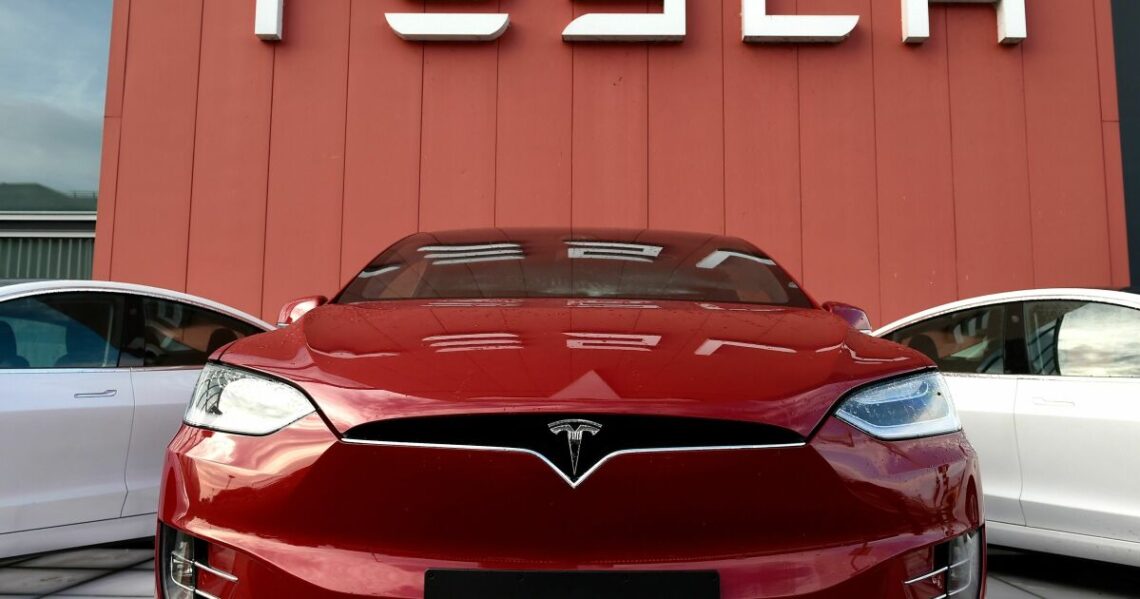Last month, Tesla dropped its prices dramatically — up to 20%.
Auto companies offering discounts to promote sales is nothing new, but this move sparked a lot of reaction. So what was so special about these price cuts? And what do they mean?
A lot, actually. Here’s how the announcement is having ripple effects, from the impact on Tesla owners to the changes it could spur across the auto industry.
Others are now under pressure to cut prices
When a leading company cuts prices, all its rivals feel pressure to follow suit — it’s economics 101.
And the textbook scenario is playing out in the headlines.
On Monday, Ford announced it was cutting prices on the Mustang Mach-E, an electric SUV that competes against Tesla’s Model Y. Prices dropped by $900 to $5,900, depending on the vehicle’s options.
It was clearly a response to Tesla, and Marin Gjaja, the chief customer officer of Ford’s electric vehicle business, confirmed to reporters that the company was “responding to changes in the marketplace.”
The big question now may be whether other companies can afford to follow suit. Tesla, which started out as an automotive underdog, now has become the overwhelming market leader in the EV sector.
It makes healthy profits on electric vehicles that big automakers are, in many cases, still making at a loss — or struggling to make at volume.
On an earnings call this week, General Motors CEO Mary Barra said she doesn’t plan to cut prices on the Cadillac Lyriq. The luxury SUV is supposed to be a Model Y competitor, but GM only managed to deliver 122 of the vehicles in 2022.
“We think, right now, we’re priced where we need to be,” Barra…
Read the full article here







